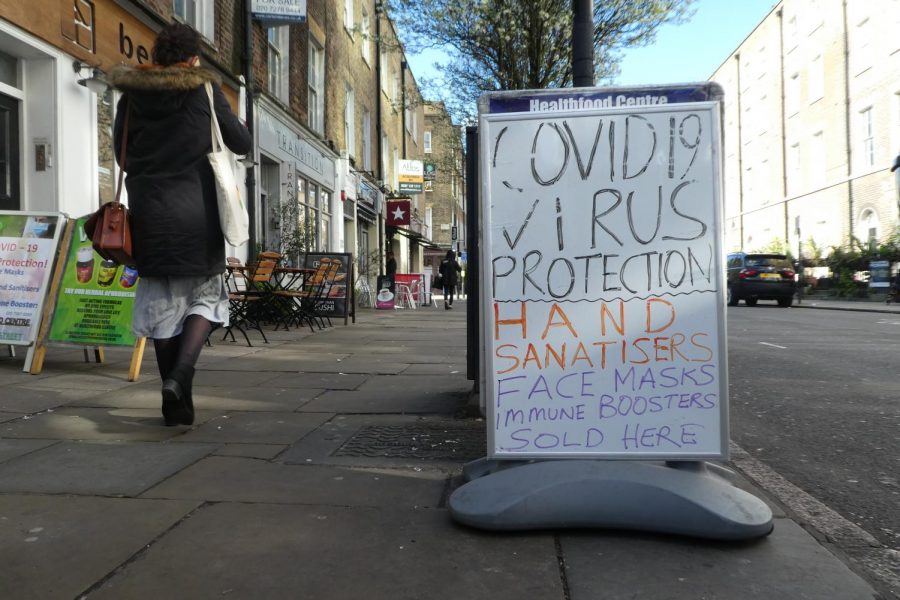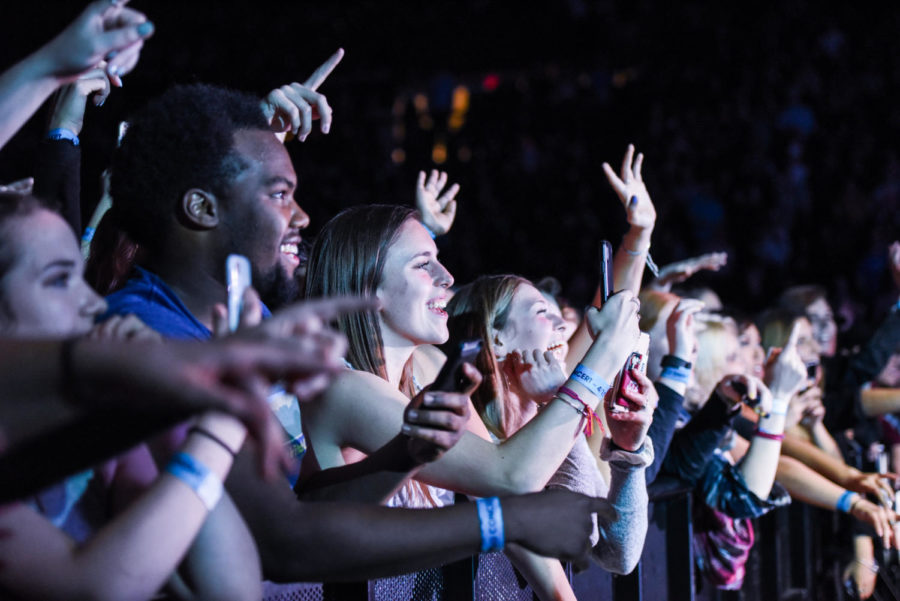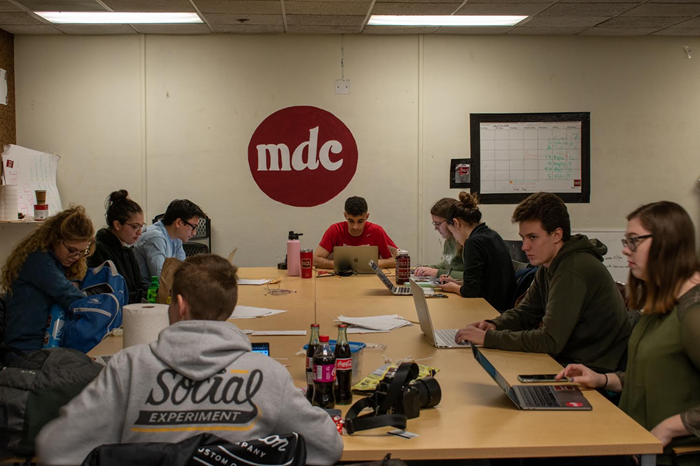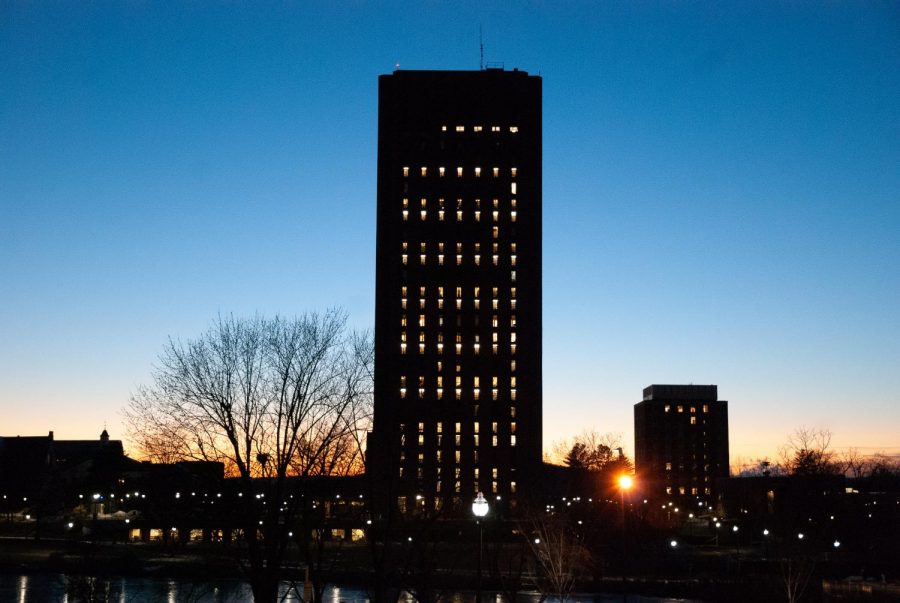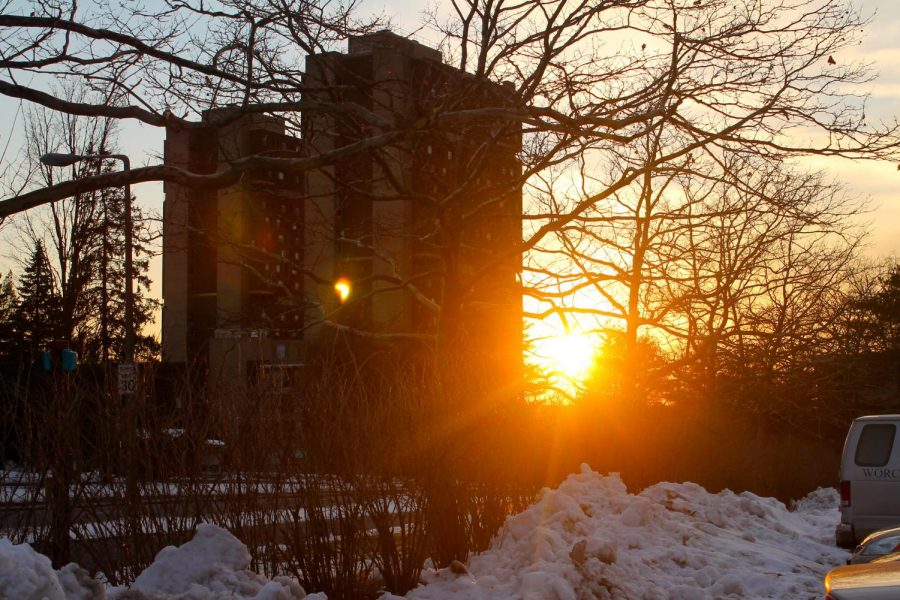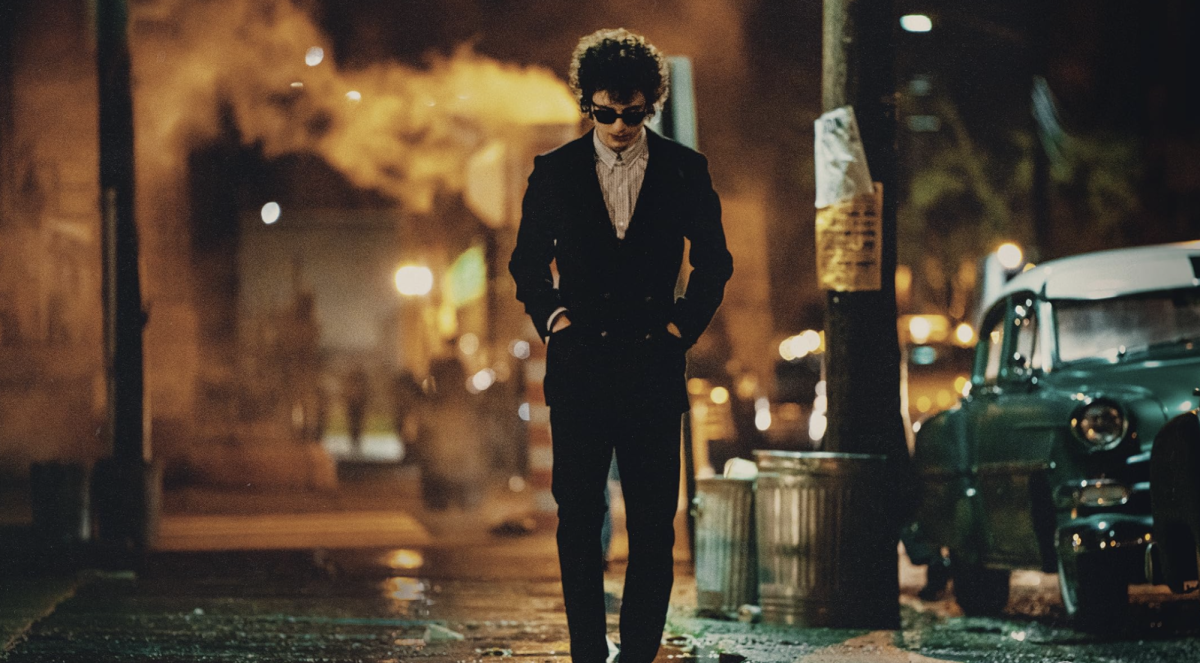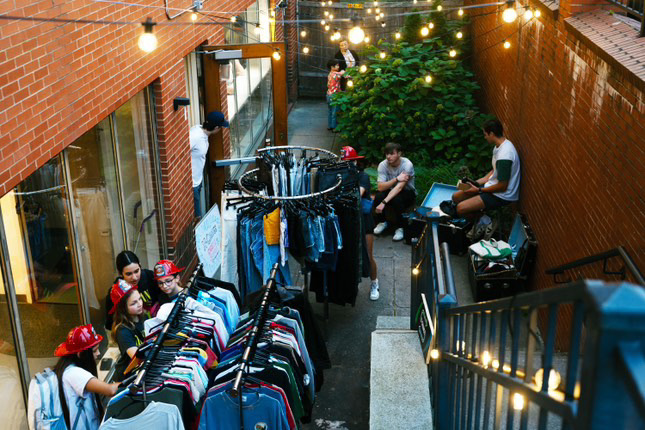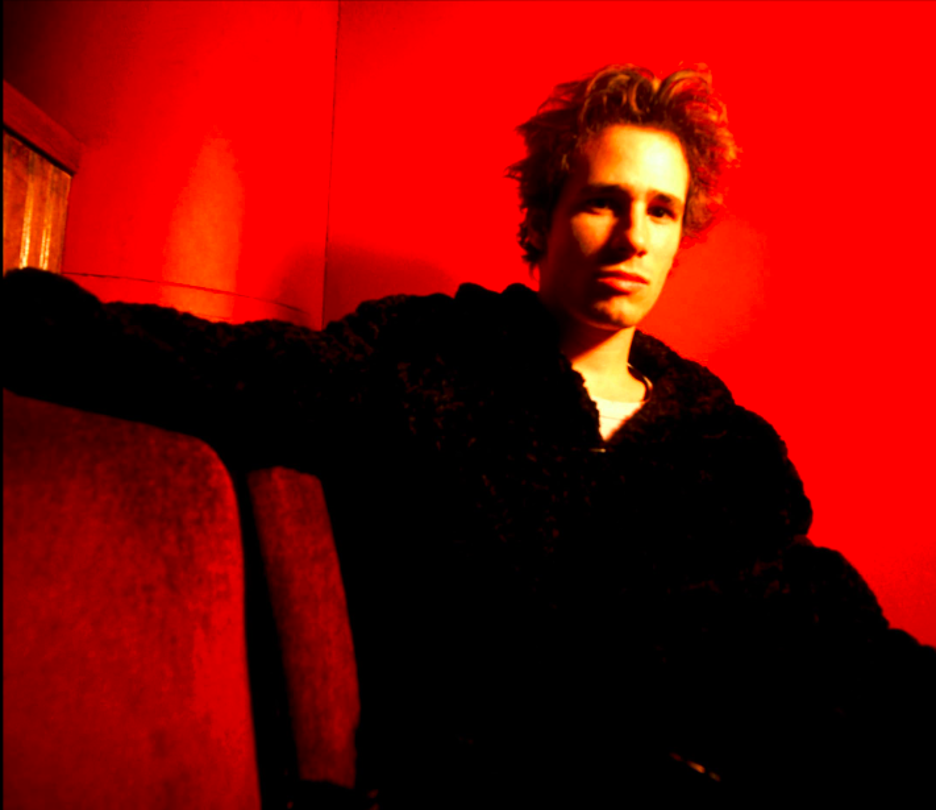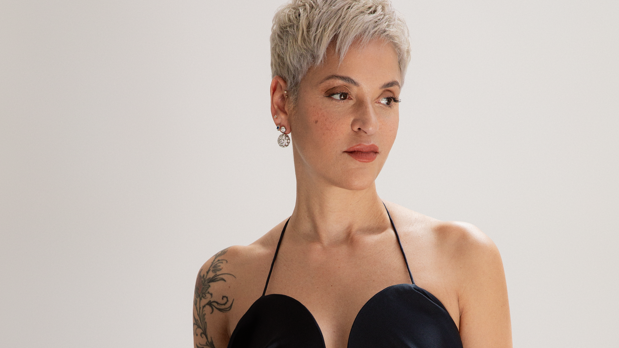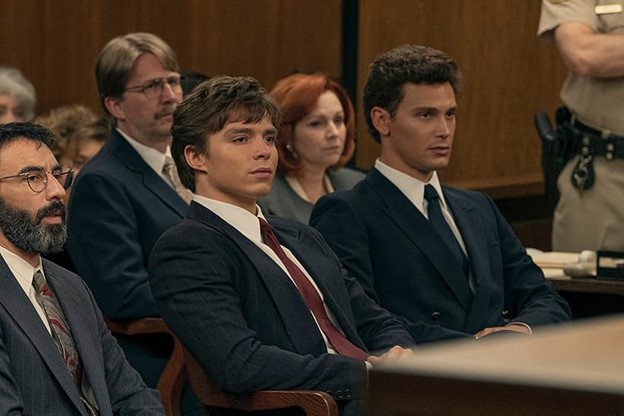No one wishes for coronavirus. But in the days and weeks that have passed, I would be hard-pressed to find someone who did not wish for clarity in all of this.
Approximately one month ago, my senior year of college abruptly came to an end and I packed all of my things and came home, still downplaying the seriousness of the virus, hugging and kissing my friends goodbye. I keep telling myself that in retrospect we should have seen it coming. I lost many special things in this forced transition home, as I’m sure others did, starting with a special orange seashell and my privacy. I lost a life without paranoia and speculation that I can’t begin to describe, but I’m sure you know, too. The reality of each day since has hit differently, and the culmination of the days, more painfully. As my minister said recently during a Zoom sermon – “We are living in liminal time. We are living in a time of waiting.”
At times, I have found myself wondering what COVID-19 might be like if my loved ones fell victim to it. Anticipation consists of fear and curiosity, which is in itself, a kind of wanting. I am trying hard to understand what this means.
In South Africa during the spring term of 2019, I conducted research trying to understand the various meanings of HIV/AIDS in a community where more than 25 percent of people were infected by the disease. This meant that everyone either knew someone or was someone with HIV/AIDS. Everyone was infected or affected. It was like what our world with COVID-19 is becoming – particularly for my friends and family living in northern New Jersey and New York City.
In my HIV/AIDS research, I encountered pain and wonder. I uncovered the various meanings and symbols of illness with my friends and participants, many of whom disclosed their own status to me in moments of vulnerability. I can see now that somehow, someway, my research in South Africa was a foreshadowing of our world now, though we are of course, several steps behind in understanding this illness and its real significance.
My research mentor in KwaZulu-Natal, “C,” brought many controversial ideas to the table regarding sickness and its meaning. A Waldorf philosopher, he was an anti-vaxxer and public health educator – a true paradox, one may at first believe. We had long talks in his office filled with watercolors with one, particularly evocative and unforgettable, of a moon in the shape of a bowl and a long, winding road up a purple mountainside. C was an old man when I met him. His main work was with a public health NGO in the Valley of One Thousand Hills. He walked each day for fifteen years in a labyrinth built from sticks in his backyard trying to find the answers to lifelong questions. Within this journey, he had found a paradox.
C revealed that he believed sickness had something to teach us. For C, this belief fell in line with his reasoning not to vaccinate his children. In C’s words – “A child learns something when they fall ill. Something as simple as a fever can teach us a lesson. My children have had many of the major illnesses of childhood and they are here today having learned from them, having been changed by them.” In moments of sickness, we experience embodied meaning, though it may take years to uncover. In moments of shared sickness, this happens two-fold, ten-fold, ten- thousand-fold. In my research, a shared sentiment among community members was that HIV/AIDS was “red as blood” or “white as a ghost.” HIV/AIDS was “Z4,” a fast car whose destination was a particular cemetery outside of town. Everyone knew that cemetery. When a community experiences shared tragedy, they are just as likely to experience embodied and cultural meaning-making. The disease, be it HIV/AIDS or COVID-19, touches everyone, leaving a changed landscape whether we like it or not.
In a recent blog post by the sociologist, Slavoj Žižek titled “Is Barbarism with a Human Face Our Fate?” he explores the debilitating anxiety associated with coronavirus. Žižek writes, “[t]hese days I sometimes catch myself wishing to get the virus – in this way, at least the debilitating uncertainty would be over…” The anxiety makes us feel claustrophobic and like we are drowning. Not unlike the very virus that makes it hard to catch our breath. Anxiety makes it hard for us to face our neighbors and ourselves. We are wrought with guilt and fear.
Something that has been so difficult for my family and community in this time is anticipation. In reflection I have come to understand that anticipation is inherently paired with fear, excitement and perhaps a myriad of other emotions. A wandering into unknown waters.
Each day my father goes to work as a doctor in the hospital with one of the highest number of COVID-19 cases in New Jersey. His job as a psychiatrist has been altered as the entire in-patient psych ward is now being used as overfill for COVID-19 patients. My brother tests people for the virus at a make-shift clinic where very sick individuals drive up in their cars, most of them with fevers having persisted at 103 degrees for days. At this time, I have come to recognize true privilege in the face of war – the privilege of being able to designate bathrooms and having washing machines in our home that we can put on a “sanitary” setting. Having access to bleach wipes and soap and water. Coming together for dinner and laughing in the face of everything and the fear which also has a place at the table. A place to quarantine and recover if things go south.
My family members carry with them a heavy load of guilt. Anticipation is becoming intimate with everyone. Each week there is news that someone in my community has become sick – a cousin, a churchgoer, an old friend’s brother or someone I thought I once loved. One poem has stuck with me in these moments. Moments I am listening to hear how bad a family member’s cough sounds late into the night. Congregants of my church, lonely and running out of food. Thinking about my patients in Skid Row, Los Angeles, their diabetes medications locked away in an inaccessible pharmacy. Their knife wounds becoming infection sites. The lack of respirators and pulse ox monitors, once carried in shower caddies in the small vertical Joshua House Clinic, which was a haven and still is. My coworkers praying with tears in their eyes. God, grant us the serenity.
I want to change this story. My dad with his migraines of exhaustion, heavy circles hanging below his eyes. My mother feeling for my brother’s fever – her mouth on his forehead. The poem I turn to is called “I have always hated to wait for things” by Elizabeth Coatsworth. This poem is a wandering into the dark. There will always be a labyrinth and we will always be journeying to make meaning. I am trying to see that in this too, is a gift.
I have always hated to wait for things
Through the windy night something
is coming up the path
towards the house.
I have always hated to wait for things.
I think I will go
to meet whatever it is.
Charlotte Samuels can be reached at [email protected].

